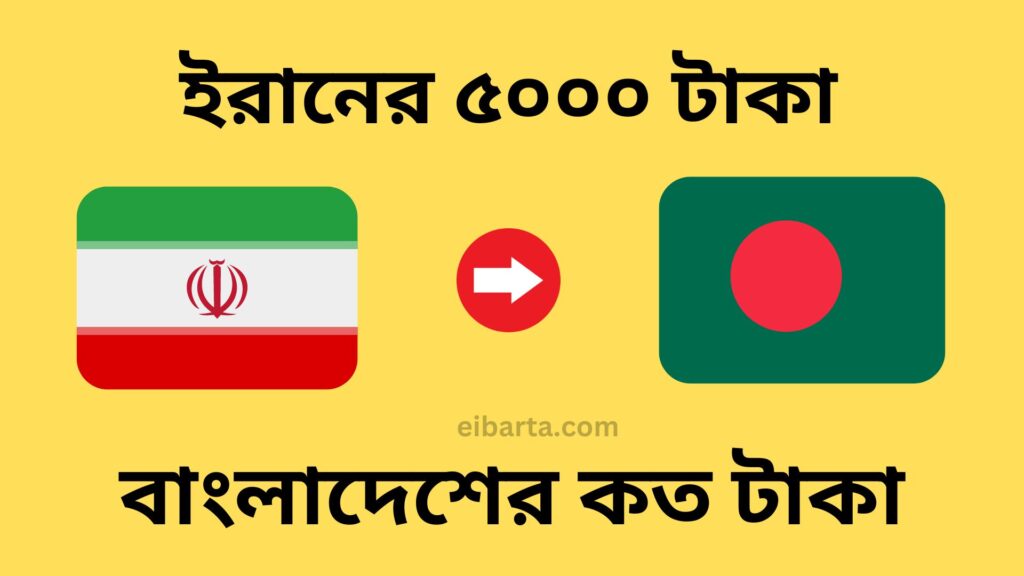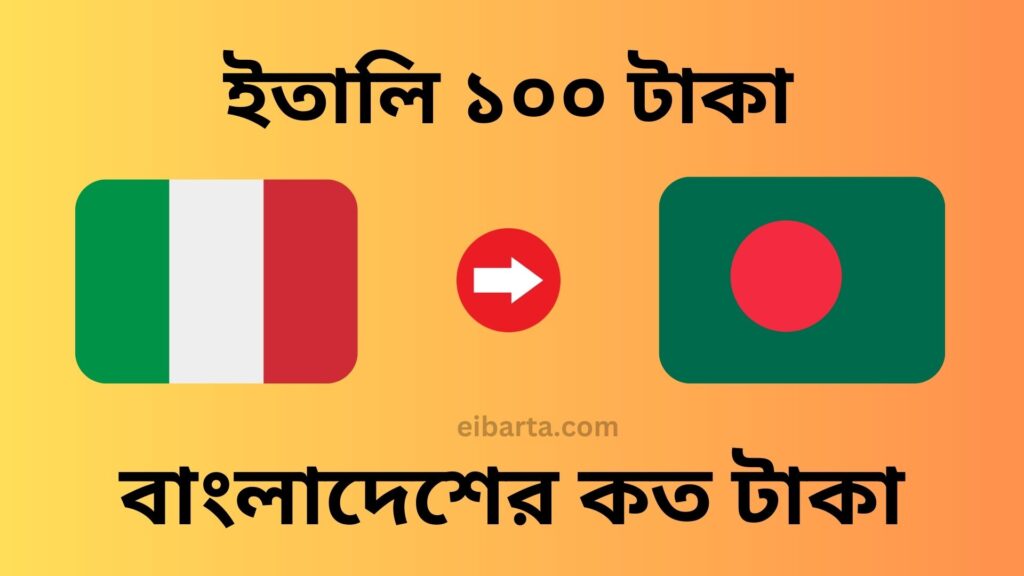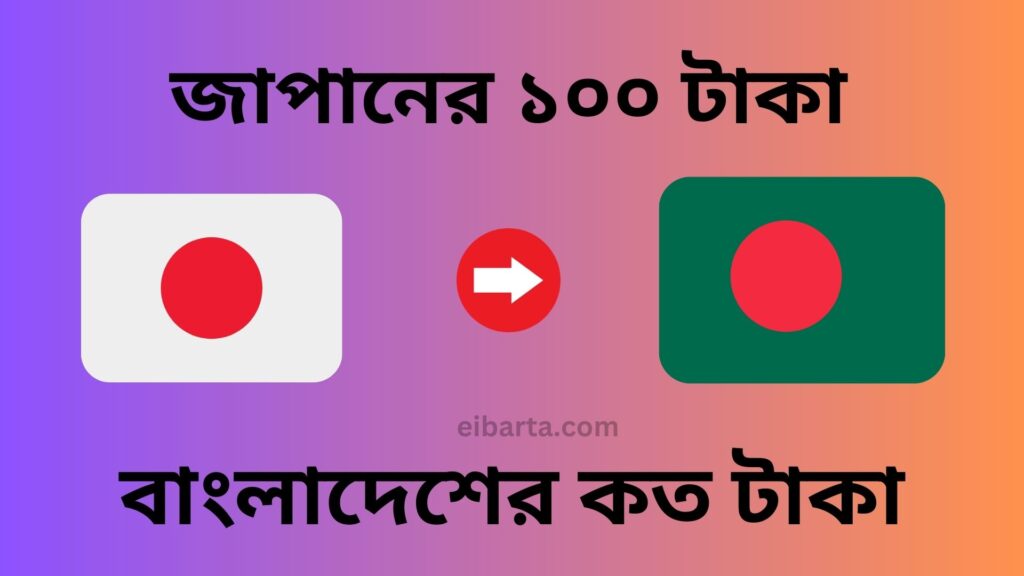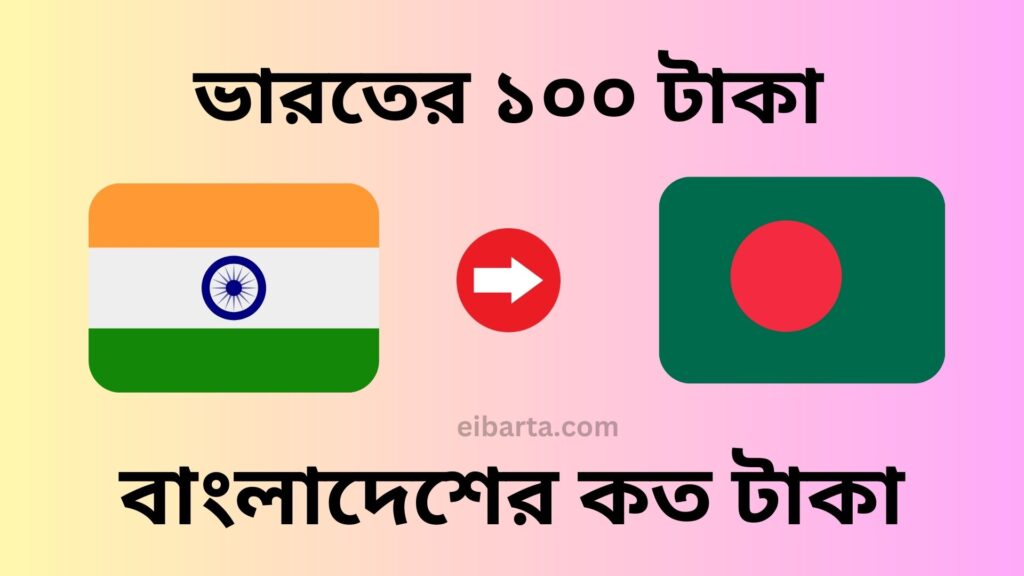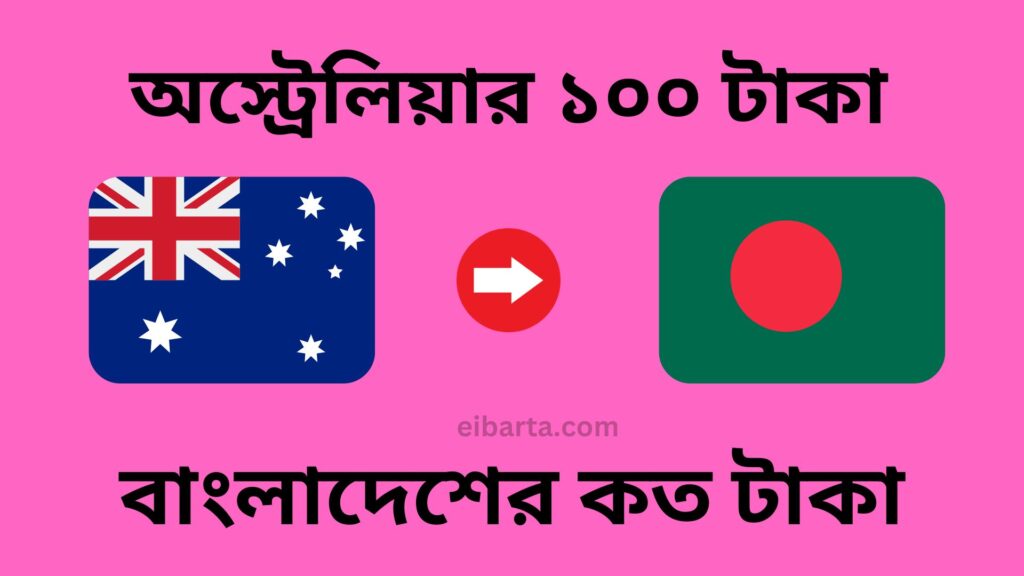ইন্দোনেশিয়া ৫০০ টাকা বাংলাদেশের কত টাকা | ইন্দোনেশিয়া টাকার রেট কত
ইন্দোনেশিয়া টাকার রেট কত এই কারেন্সি কনভার্টার টুল ব্যাবহার করে দেখে দিন ইন্দোনেশিয়া ৫০০ টাকা বাংলাদেশের কত টাকা – অর্থাৎ আজকের ইন্দোনেশিয়া ৫০০ টাকা সমান বাংলাদেশের ৩ টাকা ৫৯ পয়সা। ইন্দোনেশীয় রুপিয়াহ টু বাংলাদেশি টাকা ইন্দোনেশিয়া ৫০০ টাকা বাংলাদেশের কত টাকা বা ৫০০০ রুপিয়াহ সমান কত বাংলা টাকা আসুন জেনে নেই। আজ বাংলা , । […]
ইন্দোনেশিয়া ৫০০ টাকা বাংলাদেশের কত টাকা | ইন্দোনেশিয়া টাকার রেট কত Read More »


